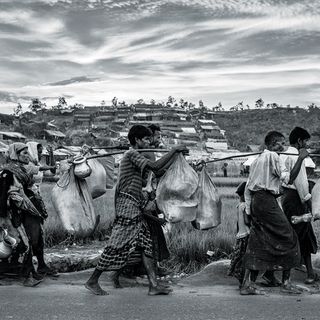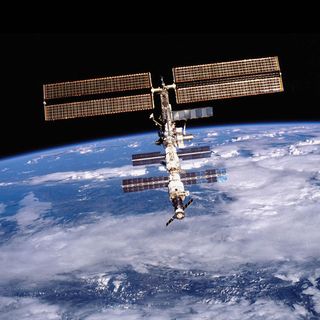Jakarta, the capital of Indonesia, has long been the victim of environmental pollution. The exploitation of groundwater in the city has led to widespread depletion and pollution of water resources. This has led to a sinking of the groundwater table and a collapse and drop of soil underneath the city, making Jakarta the “fastest-sinking city in the world, with almost half of its area below sea level,” according to NPR. The Indonesian President, Joko Windodo, recently announced plans to move the capital from Jakarta to forest- and mineral-rich Borneo, an eastern region across the Java Sea known for its national parks, bustling wildlife, and threatened orangutans.
While some say the move could foster infrastructure development on Borneo — a region that is relatively untouched by humans and boasts serene beaches and rainforests — environmentalists worry the move could portend dire environmental changes for the region and for the species that inhabit it. In Jakarta, for example, the environmental challenges that have prompted the move have been largely man-made, NPR reports. The exploitation of groundwater has not only led to Jakarta sinking, but also made the city and its inhabitants vulnerable to flooding, as sea levels rise around the island. Grid-locked traffic, lack of green spaces and poor air quality have also made the city unlivable.
Related on The Swaddle:
Closeness to Climate Change, Pollution Can Cause Distress, Environmental Grief
Now, the government plans to spend approximately $33 billion to move the capital and to construct a “new presidential residence, ministry buildings, housing for government workers and highways,” the New York Times reports, adding the move could begin as early as 2021. Over in Jakarta, the NYT reports parts of the city “have been sinking more than two inches a year,” and that “without an aggressive plan to protect the coast, parts of the city are likely to be lost in coming decades.” Plans to regulate traffic congestion as well air quality have also come in “too little, too late,” which led environmental activists in Jakarta to file a class-action lawsuit against Windodo and other political leaders. Filed earlier in July, they demanded leaders take strong action against air pollution — to no effect, the NYT reports, adding “it is unclear whether the government will pay the enormous cost of protecting Jakarta from rising sea levels at the same time it is building the new capital.”
President Windodo, however, has said he is not abandoning the financial hub, which will remain a priority and be “developed as a business city, financial city, trade center and service center on a regional and global scale,” the NYT reports.
The government has not disclosed a clear plan as to how it will prevent Borneo from meeting the same fate as Jakarta — a place increasingly uninhabitable because of human pollution. While Windodo said the move is necessary to reduce the “too heavy” burden on Jakarta, environmentalists called for careful handling of the new capital, otherwise “it would result in fleeing one ecological disaster only to create another,” The Guardian reports.




